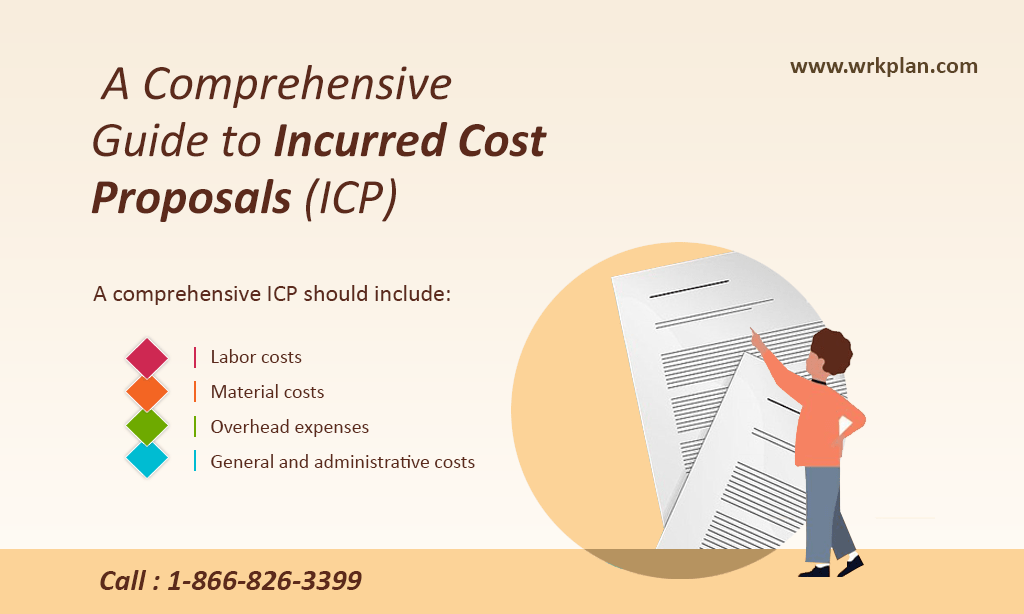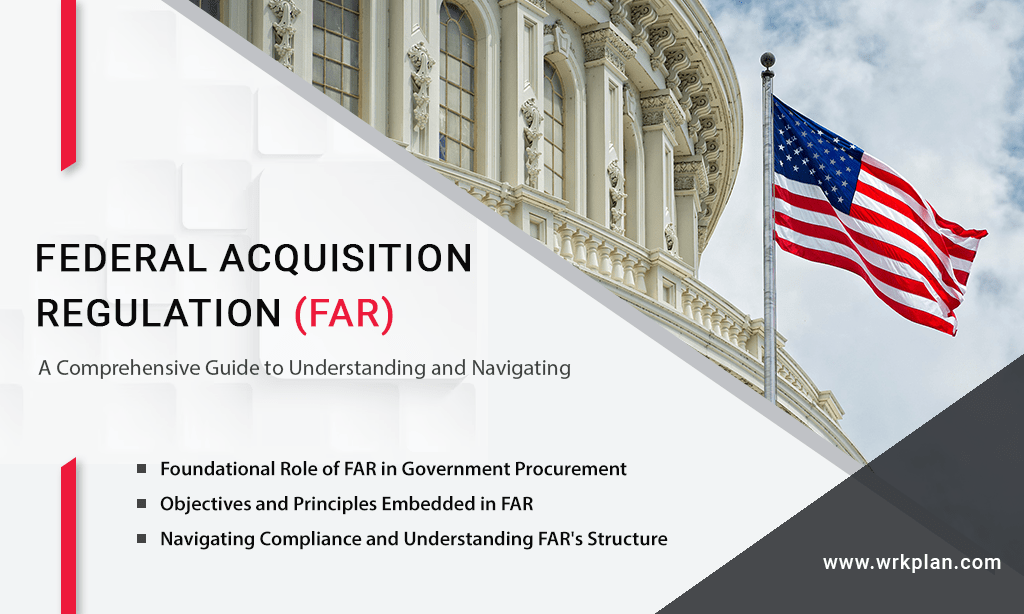WrkPlan Blog
-
Best Practices for Implementing ERP Software for Government Contractors
May 12th, 2023Implementing an ERP software for government contractors requires careful planning and execution to ensure success. Here are some best practices to follow when implementing ERP software for government contractors: Define clear objectives: Before implementing the ERP software, define clear objectives and goals for the project. These objectives should be aligned with the overall business strategy […]
-

DCMA: How to Submit Invoices and How Long Does It Take to Receive Payment?
May 10th, 2023The Defense Contract Management Agency (DCMA) is responsible for managing payments to contractors for government contracts. In this article, we’ll explore how to submit invoices to DCMA and how long it takes to receive payment. Submitting Invoices to DCMA To submit an invoice to DCMA, contractors must follow the following steps: Review the contract: The […]
-

“DCMA Compliance – What to expect during an inspection and how to prepare for one.”
May 10th, 2023The Defense Contract Management Agency (DCMA) is responsible for ensuring that contractors comply with government regulations and contractual requirements. As part of this responsibility, DCMA conducts compliance inspections to verify that contractors are meeting their obligations. In this article, we’ll explore what to expect during a DCMA compliance inspection and how contractors can prepare for […]
-

“Government Contractors – Contract Modifications: Proper Steps to Request Modifications, such as Scope of Work or the Delivery Schedule.”
May 10th, 2023Government contractors are often required to make changes to their contracts to accommodate unforeseen circumstances or changing project requirements. These changes, known as contract modifications, can include adjustments to the scope of work, the delivery schedule, or other contract terms. In this article, we’ll explore the proper steps for government contractors to request contract modifications […]
-

“The Importance of Diversity and Inclusion in Government Contracting: Strategies and Best Practices.”
May 10th, 2023Diversity and inclusion (D&I) have become critical considerations in all industries, including government contracting. The federal government is committed to ensuring that all businesses, including small, minority-owned, and women-owned businesses, have an opportunity to compete for and win government contracts. In this article, we’ll explore the importance of diversity and inclusion in government contracting, strategies […]
-

“Understanding Small Business Set-Asides and Maximizing Opportunities.”
May 1st, 2023Small businesses often face challenges competing with larger companies in the federal contracting marketplace. However, the federal government provides several opportunities for small businesses to compete for and win contracts through set-asides. In this article, we will discuss the basics of small business set-asides and provide tips for maximizing your opportunities. What are Small Business […]
-

“Best Practices for Proposal Writing in Government Contracting.”
May 1st, 2023Writing a proposal for a government contract can be a daunting task. Winning government contracts requires more than just offering the best solution – it requires effectively communicating that solution to the government agency. In this article, we will discuss the best practices for proposal writing in government contracts to help you create winning proposals. […]
-

“Guide to SIEM for DoD and Federal Contractors.”
April 28th, 2023Security Information and Event Management (SIEM) is a critical component of cybersecurity for DoD and federal contractors. SIEM systems provide real-time monitoring and analysis of security alerts generated by network devices, servers, and other IT infrastructure. In this article, we will provide a guide to SIEM for DoD and federal contractors, including key features and […]
-

“How to Build and Maintain Strong Relationships with Government Contracting Officers.”
April 28th, 2023For companies doing business with the government, building, and maintaining strong relationships with contracting officers is critical. Contracting officers are responsible for managing the acquisition process and awarding contracts, and they can have a significant impact on a company’s success in government contracting. In this article, we will discuss strategies for building and maintaining strong […]
-

“Navigating the FAR and DFARS: Key Regulations to Understand.”
April 28th, 2023Navigating government contracting regulations can be a complex and challenging task. The Federal Acquisition Regulation (FAR) and Defense Federal Acquisition Regulation Supplement (DFARS) are two of the most important regulations that contractors must understand to be successful in government contracting. In this article, we will discuss key regulations in the FAR and DFARS that contractors […]













